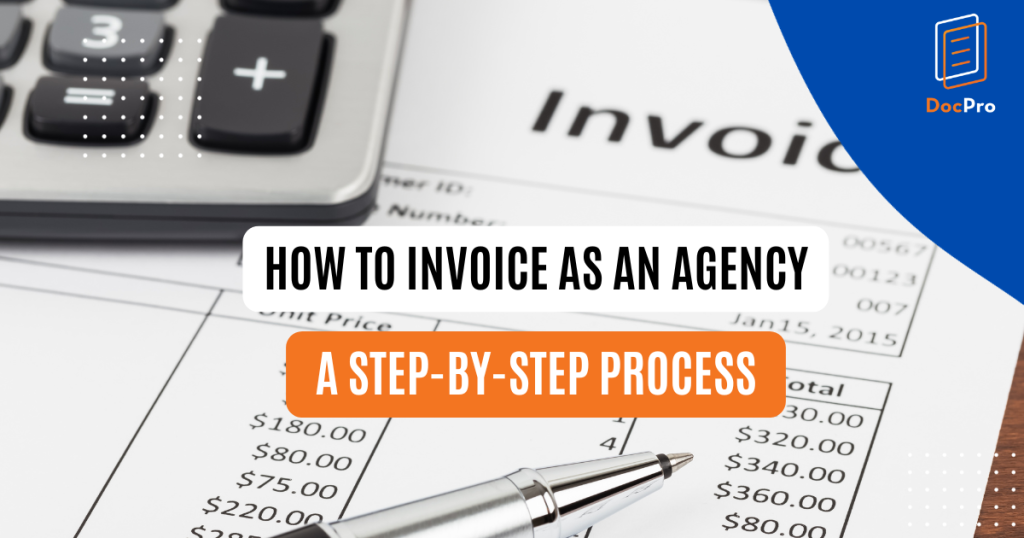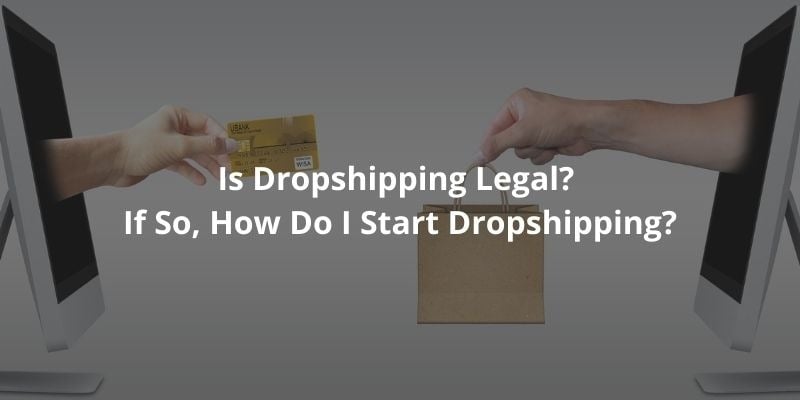Credit / Invoice / Payment / Demand Letter


Granting of credit means allowing for the delivery of goods or performance of services without first receiving payment. Credit is very common in both the consumer and business context (e.g. credit cards) and would induce sales by allowing the customer to buy goods and services without first having the available sales.
It is essential for a company to ensure that the customer has the ability to repay for the goods and services rendered. This is usually done by a credit check. Below are some common credit documents:
Request for Credit - Customer applies or requests for credit.
Credit Reference - Seller checking with credit agency / other vendors on credit history.
Credit Acceptance - Approval of credit to customers specifying the amount granted with a welcome message.
Credit Refusal - Refusing credit in a positive way, and suggesting that they reapply in the future.
An invoice is a commercial document issued by the seller to the buyer in connection with a sales transaction, indicating the product, quantity, and agreed price of the product or service provided by the seller to the buyer.
Payment terms are usually written on the invoice. These terms may stipulate that the buyer has the maximum number of days to pay and sometimes offers a discount if paid before the due date. The buyer then makes the payment for the products or services listed on the invoice.
The granting of credit may always result in the lapse of payments by a few customers, regardless of how carefully the credit check had been done. Therefore, banks need an instrument to issue a demand for payment. Writing a demand letter is a delicate matter since your aim is to "demand" payment from the customer without offending the customer or damaging the goodwill (at least for the first letter). It is important to be persuasive instead of sounding demanding. Yet one will need to be firm, tactful, and polite at the same time, which is a difficult art to master.
The way to do so is to be customer-oriented when writing the first demand letter. Prior to doing so, one would generally start with sending an additional outstanding invoice stating clearly "Past Due", followed by a phone call to remind the customer. If that fails, one would start with a mild reminder that there has been an oversight in payment, then the tone gradually intensifies with the second letter, with a final letter reminder threatening to commence legal proceedings or refer to a collection agency if they do not pay within a certain time frame. In all cases, the payment demand should have the following elements:
Below are some examples we have on DocPro:
First Payment Reminder for Goods and Services - Friendly reminder that the payment is past due.
Second Payment Reminder for Goods and Services - A more forceful reminder demanding the overdue amount be repaid immediately.
Final Payment Reminder for Goods and Services - Letter before action threatening legal action or past to collection agency.

22 Sep 2023
3 min read

27 Jan 2023
5 min read

13 Nov 2022
6 min read

30 Apr 2021
5 min read

26 Feb 2021
6 min read

19 Oct 2020
8 min read
Not the right document?
Don’t worry, we have thousands of documents for you to choose from: